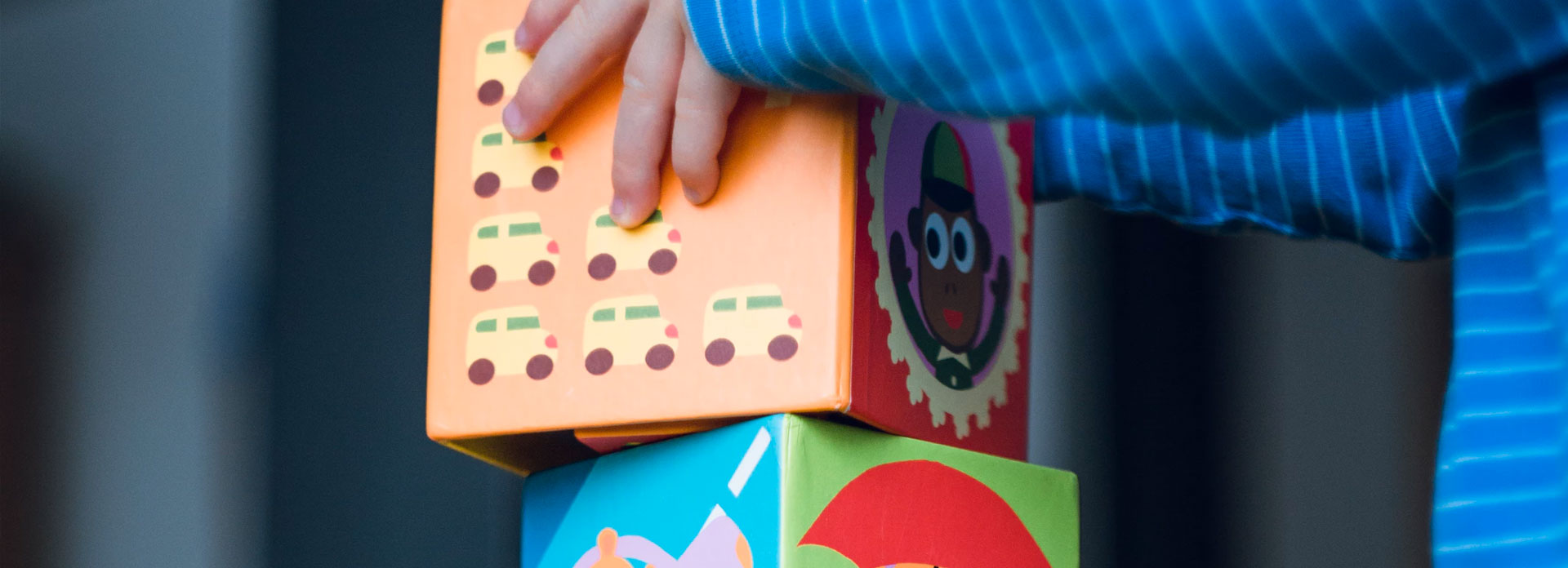
Other Developmental Delays
Key points
- Children with developmental delays are slower in reaching their key developmental milestones.
- Therapy and intervention may benefit children with developmental delays.
- Those who require child or adult care services may consider inclusive preschools, special student care
centres, or centre-based, residential, and home care services.
- Children with developmental delays can enrol in either SPED schools or mainstream schools, depending on
their individual needs.
- There are a range of disability support schemes to support those whose disabilities persist into adulthood.
The terms “developmental delay” or “global developmental delay” are used to describe
children who are slower in reaching their developmental milestones in movement, communication, thinking, learning
and behaviour. Over time, some children’s developmental delays can be mitigated.
In other children, developmental delays are associated with medical conditions. These includes autism, cerebral palsy and
Down Syndrome, where
children are diagnosed as having a physical, intellectual, developmental, or sensory disability.
Other common developmental delays include Attention Deficit Hyperactivity Disorder (ADHD), dyslexia, as well as
language and speech delays.
Therapy and intervention
Actions to take
- Look into early intervention programmes or ad-hoc therapy for children with developmental delays.
Rehabilitation and therapy can help persons with developmental delays manage their conditions with confidence and
even improve certain functions. Intervention goals vary between individuals. Common forms of rehabilitation include
physiotherapy, occupational therapy and speech therapy.
Services and programmes
Early Intervention Programme For Infants and Children (EIPIC) is likely the most
known programme for children with special needs. Activities at EIPIC centres aim to maximise the child’s
developmental growth potential, while minimising the development of secondary disabilities. Click here for a list of EIPIC centres catering to children with developmental delays.
If your child is not in a programme or school where therapy is already provided, he/she can still attend ad-hoc therapy sessions offered by other SSAs or private intervention centres.
Other useful information:
Child care
Caregivers looking for childcare and before/after-school care may consider services such as the Integrated Child Care
Programme (ICCP) for pre-schoolers aged two to six, or Special Student Care Centres (SSCCs) for students aged seven
to 18.
Other useful information:
Education
Actions to take
- Consider enrolling your preschooler into an inclusive or integrated preschool.
- Find out more information and consider the different factors before enrolling your child in a SPED school
or mainstream school.
- Find out more about school-based support programmes for conditions like dyslexia available in mainstream
school.
Early intervention programmes such as Development Support (DS) and Learning Support (LS)
programme are short-term interventions for pre-schoolers with mild developmental needs. In addition to these,
pre-schoolers may also enrol in inclusive or integrated pre-schools.
Education is compulsory up to age 15 in Singapore, so children from age seven will need to enrol in either Special Education (SPED) schools or mainstream primary schools.
Some children with developmental delays ‘catch up’ with their peers and are able to enrol in mainstream
primary schools. For children with learning needs like dyslexia, mainstream schools run learning support programmes
and school-based dyslexia remediation programmes. They also have other provisions and support for children who may
need help with literacy and numeracy.
Caregivers of children with more severe conditions may like to explore SPED schools which support young people with
multiple disabilities, like the Cerebral Palsy Alliance Singapore School.
Parents may speak to medical professionals, social workers or teachers to seek their recommendations on whether a
child should attend a SPED school or mainstream school.
Service providers:
Other useful information:
Other forms of disability support
As a child grows up, developmental delays can be mitigated, they could persist later into life and present as a
permanent disability which affects physical functioning, cognitive functioning, sight, hearing and/or communication.
Many disability schemes and services require that the beneficiary be certified as having a permanent disability.
For an overview of disability support available, please click on our Introduction to Disability
Support page. You can also click on the links for more information on disability support for people with physical disability, intellectual disability,
sensory disability and autism.
Resources and support
- Service providers for learning and developmental delays
- For more organisations, refer to this list
- Additional resources for Caregivers
Thank you for your feedback! For further feedback, visit our rating form.